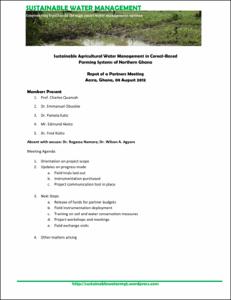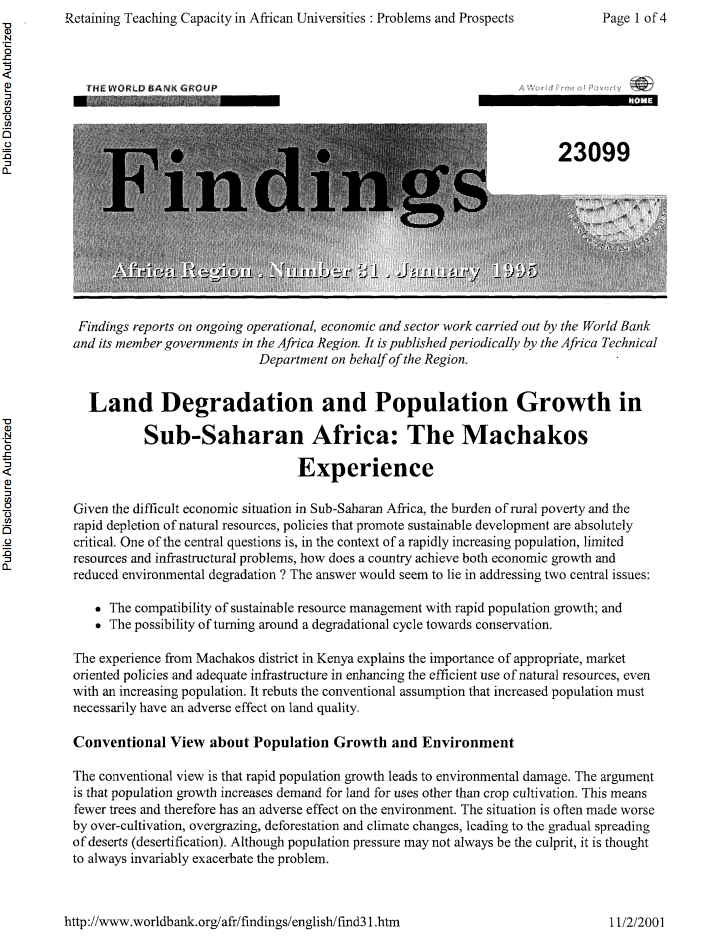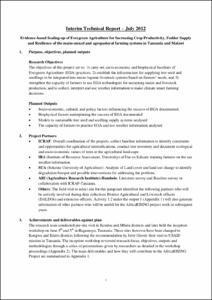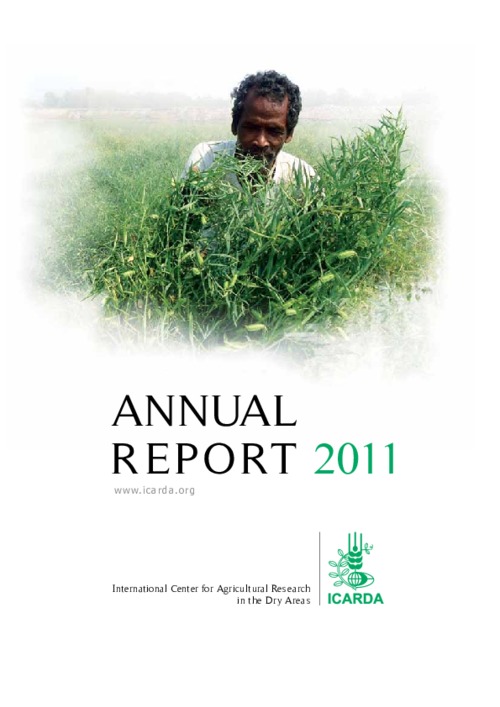Contracts, Land Tenure and Rural Development in Timor-Leste
As in other societies in Southeast Asia
and the Pacific, customary social organization features
strongly in rural Timor-Leste. As well as providing avenues
for conflict resolution, the influence of customary systems
extends to land tenure. As the state, development partners,
private investors, non-governmental organizations (NGOs),
and others seek to promote rural development in Timor-Leste,
they will be forced to engage in some way with customary







